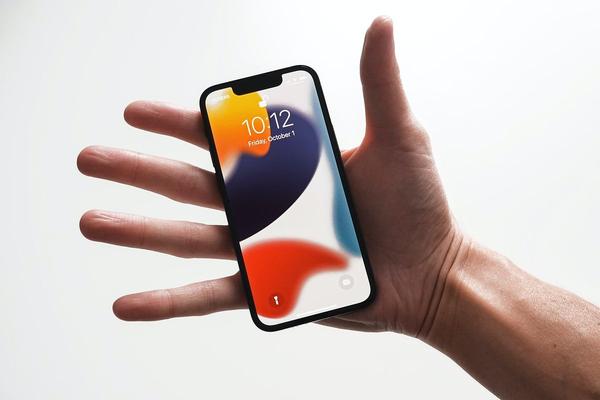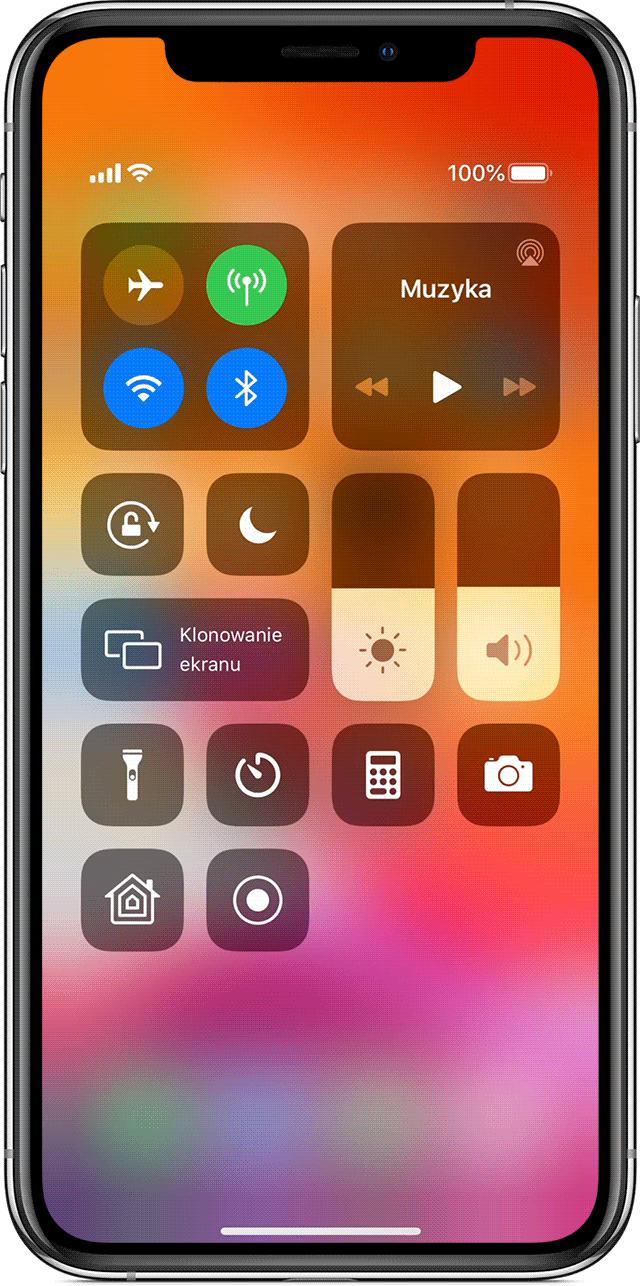Apple has been making it difficult for independent repair shops to repair their equipment for a long time. However, it seems that the company has outdone itself this time. Experts talk about an "unprecedented blockade" and a "black day for repairers".
Replacing the screen on the iPhone 13 can damage Face ID
IFixit service technicians took the latest iPhone 13 to the workshop and noticed that its screen was integrated with a special microcontroller. With a small chip, Apple has full control over repair authorization.
If the screen replacement is not remotely authorized, the entire process leads to the Face ID scanner being disabled. In other words, replacing the iPhone 13 display by yourself & hairsp; - & hairsp; whether at home or at an unauthorized service & hairsp; - & hairsp; will damage a key function of the phone.
Apple has not yet responded to requests for comment on this matter. The iFixit experts are taking the fix that perhaps disabling Face ID after screen replacement is the result of some unintentional bug in the software. In their opinion, however, the whole thing looks like a deliberate action and an attempt to exclude unauthorized services from the game.
Unauthorized repair services are broken

iFixit notes that screen replacement is the most common and & hairsp; - & hairsp; until recently & hairsp; - & hairsp; the simplest type of repair. What used to require a few hand tools has now become almost impossible.
Almost, because it turns out that Apple's security can be cheated ... by moving the microcontroller from one screen to another. However, service technicians point out that the whole process comes down to microluting, which requires very specialized skills and tools. The microscope is just the beginning of the counting.
The owners of repair points quoted by the website admit that there is anxiety in the industry. They note that screen replacements account for & hairsp; - & hairsp; depending on the period & hairsp; - & hairsp; from 35 to 60 percent. all repair of smartphones. Their estimates show that currently 1 in 10 unauthorized services could replace the display on the iPhone 13 together with the microcontroller.
And since iPhones are among the most popular smartphones in the world every year, there is something to be afraid of.
Repair Points currently have two options:
In fact, neither of these options is attractive to service technicians.
It is worth noting that joining the "Independent Repair Service Provider" program requires, inter alia, consent to Apple being able to carry out inspections in a given facility for 5 years after the termination (!) of the contract. During this time, the website owner must keep the private data of all customers so that Apple has free access to them in the event of possible investigations. In the event of failure to comply with the stringent terms of the contract, you have to take into account high penalties.
iFixit notes that in countries where iPhones are very popular, many small repair points will potentially have to go out of business.
All for one small chip.
See also:


![Apps and games on iOS for free.Promotions, discounts, discounts [27.12.2021] Apps and games on iOS for free.Promotions, discounts, discounts [27.12.2021]](https://website-google-hk.oss-cn-hongkong.aliyuncs.com/article-website/google/2021/12/31/661e1a9d1bdfffaecac65b0350aa0db5.webp?x-oss-process=image/auto-orient,1/quality,q_70/format,jpeg)